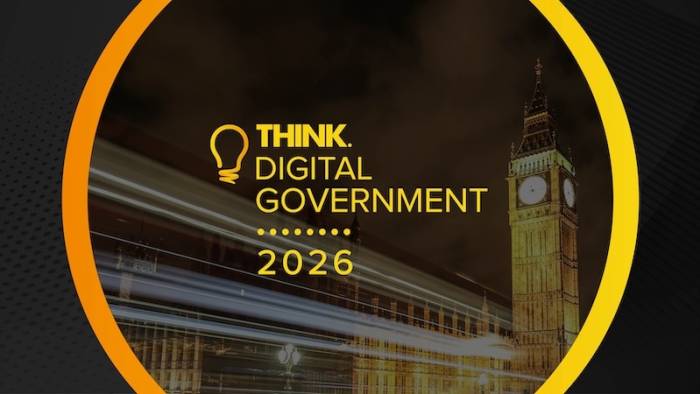Salesforce is positioning agentic AI as a transformative solution for public sector service delivery, according to Kishan Chetan, the company’s global service cloud lead.

“In public sector, everything is about service,” Chetan told Think Digital Partners. “Quite often, our customers are just looking to provide more service.”
Speaking at the recent Agentforce World Tour in London, the exec highlighted how agentic AI can revolutionise government interactions by automating complex processes and enhancing citizen experiences. He pointed to specific use cases in the US that are already emerging across government services.
“We have large customers like the Department of Motor Vehicles (DMV) in California, where service processes have been dramatically streamlined,” he said.
As another example, he described how even simple tasks like renewing a pet licence have become significantly easier through intelligent online services and proactive notifications. The key, according to Chetan, is creating a unified data platform that allows AI to work effectively.
“In order for AI to work, you need your data to be harmonised,” he said. This means integrating both structured data from traditional databases and unstructured data from knowledge bases, press articles, and policy documents.
Salesforce is addressing this challenge through its Data Cloud platform, which enables what Chetan calls “zero copy” data integration – allowing organisations to access data without complex migration processes.
If you liked this content…
“You don’t have to copy over all of the data,” he explained. “You have the ability to go get that data from where it is.”
For public sector organisations, this approach is particularly powerful, he said. “Government areas tend to be very knowledge centric – you have to understand the policies; you have to understand the eligibility.”
The company is already developing sector-specific applications, including social care management systems and grant management tools. These platforms are designed to work alongside civil servants, not replace them, said Chetan.
“It’s about working alongside civil servants to provide more support than ever before,” he said. “It’s more about driving efficiency.”
Specific capabilities include automated scheduling, licensing and permitting process management, and intelligent information retrieval. Chetan believes these technologies can help governments deliver services that match private sector customer expectations.
“Agents are fantastic,” he said, “because quite often, when you go into a public sector environment, you’re trying to look for information, answer questions, or schedule an appointment – all of which can be automated.”
The strategy aligns with broader government digital transformation initiatives, such as the UK’s Blueprint for Digital Government, which positions AI as a core technological enabler.











